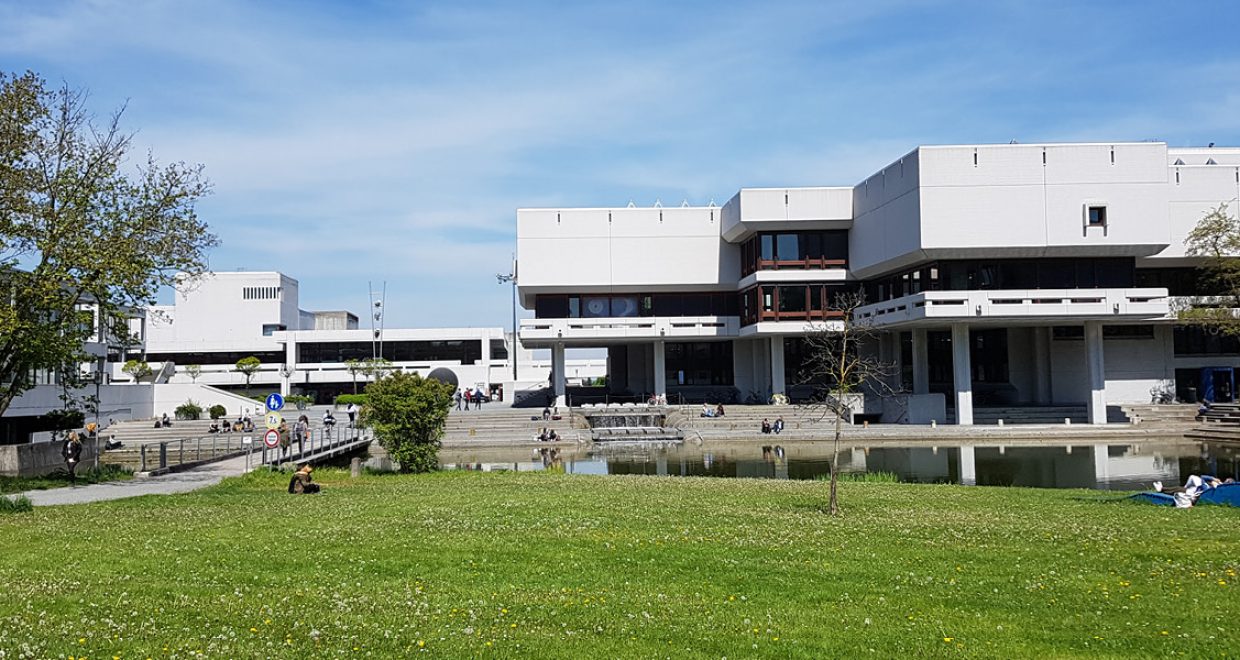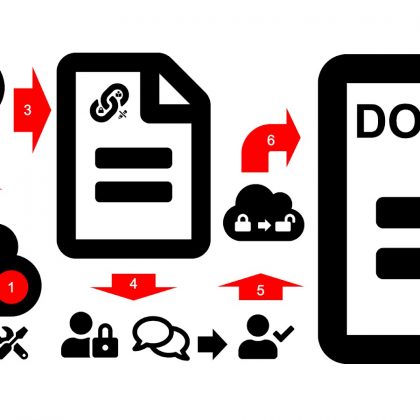Open Access – the German approach

Dr Gernot Deinzer says the best way he can describe himself is as an “information professional”. His professional roles include acting as subject librarian for Mathematics, Physics and Informatics at the University of Regensburg in Germany and also heading up the IT services for the Library itself. Last but by no means least, he is the Open Access specialist at the University and the OA ‘Beauftragter’ – champion.
Asked how he came to be so profoundly involved with Open Access, he says, “It all started with getting interested in our repository for electronic theses, but this was just the beginning. I began with what was essentially just a technical focus, but as I got further into it I began to understand what restricting access really meant – and then I found out more about the proposed solution, namely, Open Access. Now Open Access represents the biggest part of my daily work: it takes up about 75% of my time.”
Germany is at a crossroads with Open Access. It is feeling its way carefully, taking developments one step at a time. There is no government-led OA initiative, which means that universities are at present free to acquire content using whatever business models they prefer; but the general consensus is that Germany, like some other European countries, wants to implement a predominantly OA model.
The German Research Foundation [DFG] (the biggest funder in Germany) doesn’t mandate OA but will support it. Researchers can apply for funding for APCs from the DFG. There are some conditions: hybrid journals are not eligible; and no restrictions must be placed on the licence.
In the first two years of switching the DFG will fund up to 80% of the OA funds. This will decrease in stages, so that by years 5 and 6 its commitment will have dropped to 40%. The goal is to allow time for universities to build their own OA funds by shifting from subscriptions to APCs. All scholarly institutions in Germany are funded by public money.
Project DEAL is the name given to negotiations between all the libraries from German research institutions and the three biggest publishers, Elsevier, Springer Nature and Wiley. Key terms of the DEAL negotiations are that every article for which the lead author is German must be made available via OA; and that the DEAL library partners will have permanent full-text access to all the journals published by the DEAL publishers. ‘Publish and Read’ is the model currently in negotiations. The aim is to move towards paying only for ‘Publish’; this means no subscription fees will be paid, but continued access will be expected.
Information about DEAL negotiations is not being published, but it can be obtained from the National Open Access contact point: OA2020-DE. The strategic and operational objectives of OA2020-DE include establishing a one-stop contact point; creating support systems for individual institutions to analyse relationships between publications and cost; investigating the financial flows and the development of new financial models; understanding which new financial models are viable; trying to get models that work for publishers and scholars alike; and the creation of a community-based model, to get small publishers involved in this process.
A Transition Agreement project with publishers is planned, with the purpose of setting up one contract in which OA is included. Funding will be available from the DFG to help this transition process and agree the contract. Germany is therefore focusing on preparing an orderly transition from the subscription to the OA model, but it doesn’t want to (and probably can’t) put extra money into the system.
Dr Deinzer says that his proudest achievement is “having familiarised scholars at Regensburg with the principles and practices of Open Access, so that most of them have started to rethink their publishing practices”. He studied Physics at the University of Regensburg as an undergraduate and also gained his PhD there. Afterwards he was awarded PostDoc opportunity at the International School of Advanced Studies (Scuola Internazionale Superiore di Studi Avanzati -SISSA) in Trieste. He started work in the Library in 2006. He is now a participant in national and international working groups on OA – for example the Open Access Expert Group at Knowledge Exchange and the National Open Access Contact Point in Germany.
When he’s not spending free time in his allotment garden, Dr Deinzer is a keen sportsman and particularly likes rowing. As he lives close to Munich, he says it’s ‘inevitable’ that his favourite football team is Bayern Munich.







I consider something really interesting about your website
so I saved to bookmarks.
Your method of explaining alll in this article is truly good, every one be capable of easily know it, Thanks a
lot.